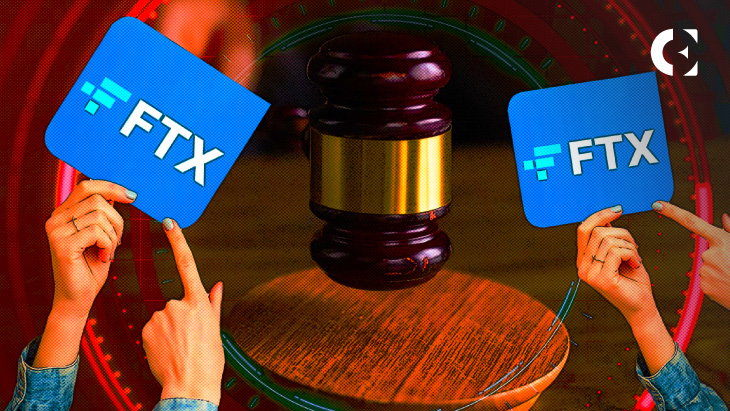- Crypto YouTuber Tom Nash has been served a lawsuit via a Tweet after Moskowitz Law Firm gets the court’s permission.
- Lawyers reportedly failed to serve Nash physically and noted that Twitter is a “reliable form of contact.”
- Tom Nash is the last of ten defendants in a class-action lawsuit accusing influencers of undisclosed promotion of FTX.
The Moskowitz Law Firm has obtained permission from a Florida district court judge to serve legal notice to Tom Nash, a cryptocurrency YouTuber, via a tweet. This came after lawyers claimed that they were unable to serve him through other means. As a result, on May 2, the court issued an order allowing the firm to use Twitter to deliver the lawsuit.
Tom Nash, who is believed to live in Georgia, is the final defendant among ten individuals named in a class-action lawsuit. The lawsuit accuses influencers of promoting the now-defunct cryptocurrency exchange FTX without disclosing their financial compensation.
The filing included instructions on how to serve Tom Nash via Twitter. The Moskowitz Law Firm was instructed to share a legal notice URL via its official Twitter account and tag Nash’s Twitter account.
Additionally, the firm was required to send the URL to Nash’s publicly known email address via email. The filing also cited:
Nash has an established Internet-based business, utilizes electronic means, including Twitter, as reliable forms of contact; and has publicly acknowledged [a] personal email address.
Moreover, the filing revealed that in a previous attempt to contac+t Nash, the lawyers sent an email to an address he had publicly posted, and it did not bounce back. This indicates that Nash received the suit and his email address is valid and operational.
Under a federal ruling, a district court may order an alternate method for serving foreign defendants, as long as it is not in violation of international agreements and is likely to effectively notify the defendant. The filing explained that Georgia and the United States are both signatories of The Hague Convention, which provides a standardized method for serving legal documents between countries.
Disclaimer: The information presented in this article is for informational and educational purposes only. The article does not constitute financial advice or advice of any kind. Coin Edition is not responsible for any losses incurred as a result of the utilization of content, products, or services mentioned. Readers are advised to exercise caution before taking any action related to the company.







